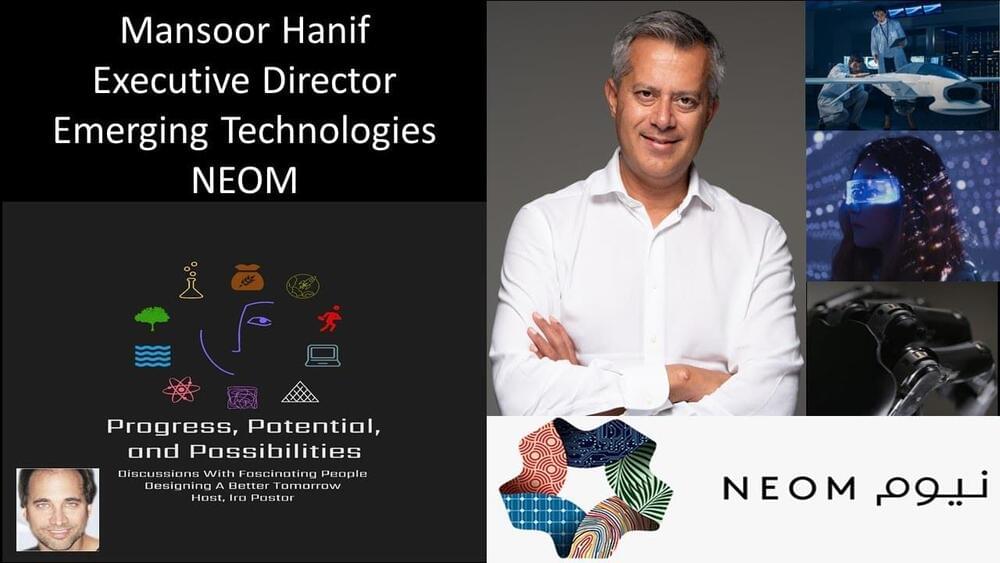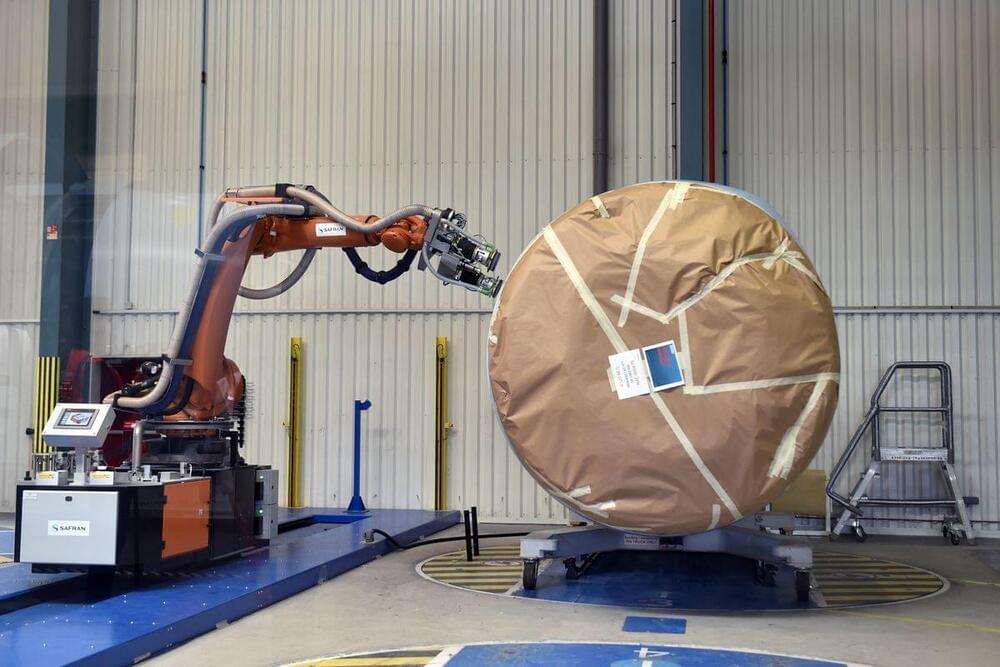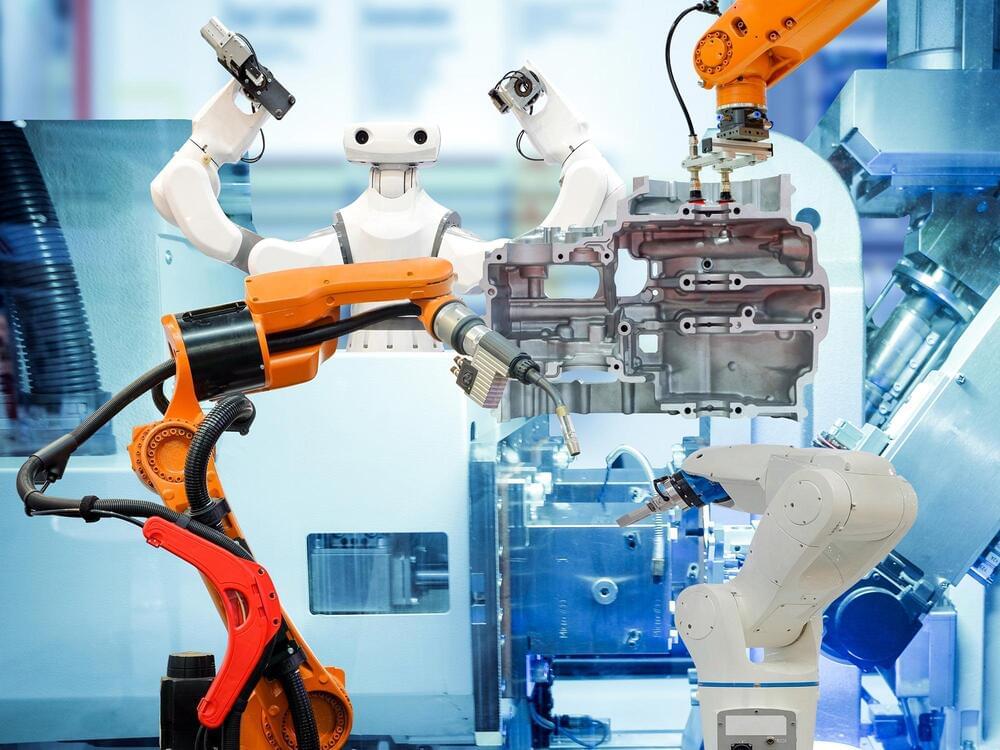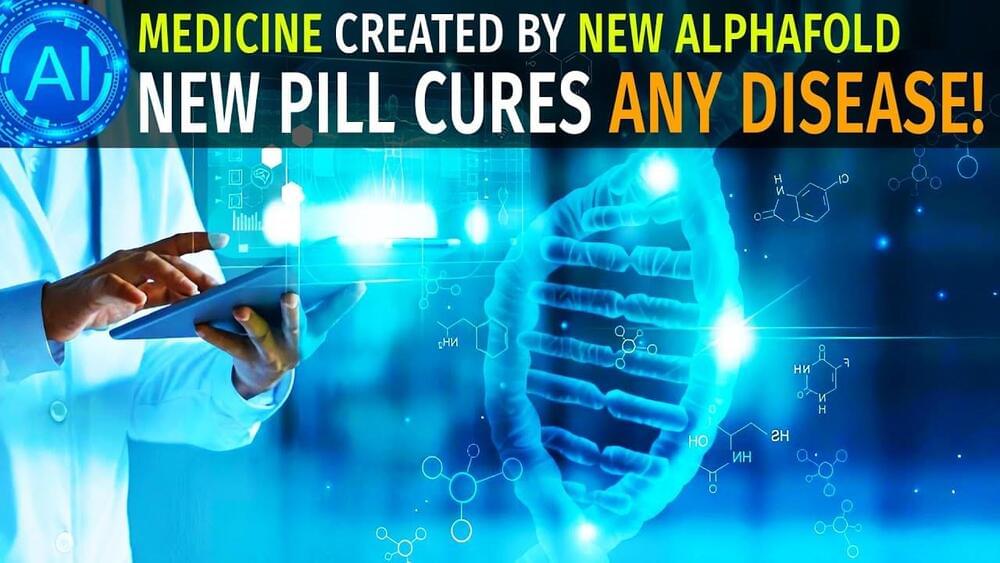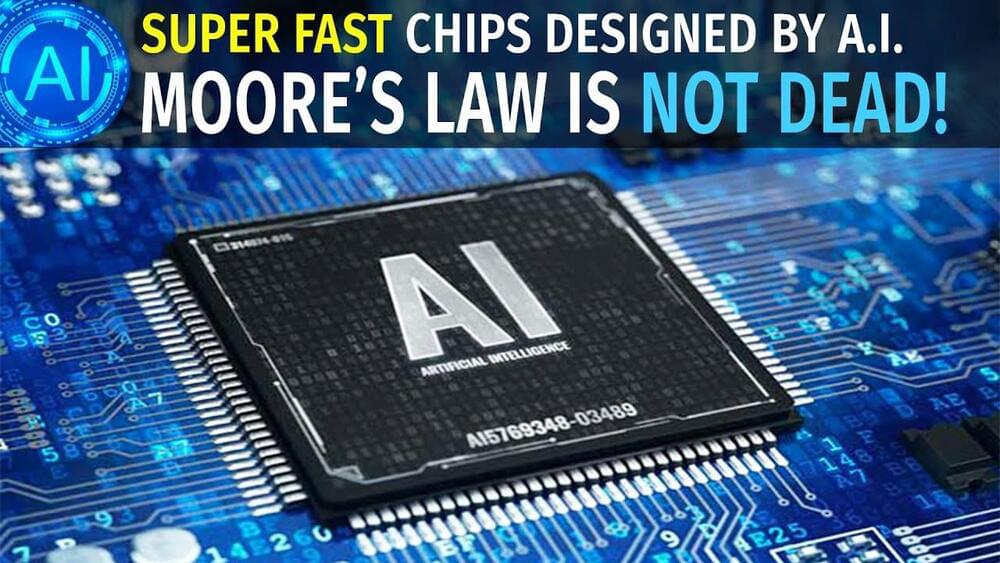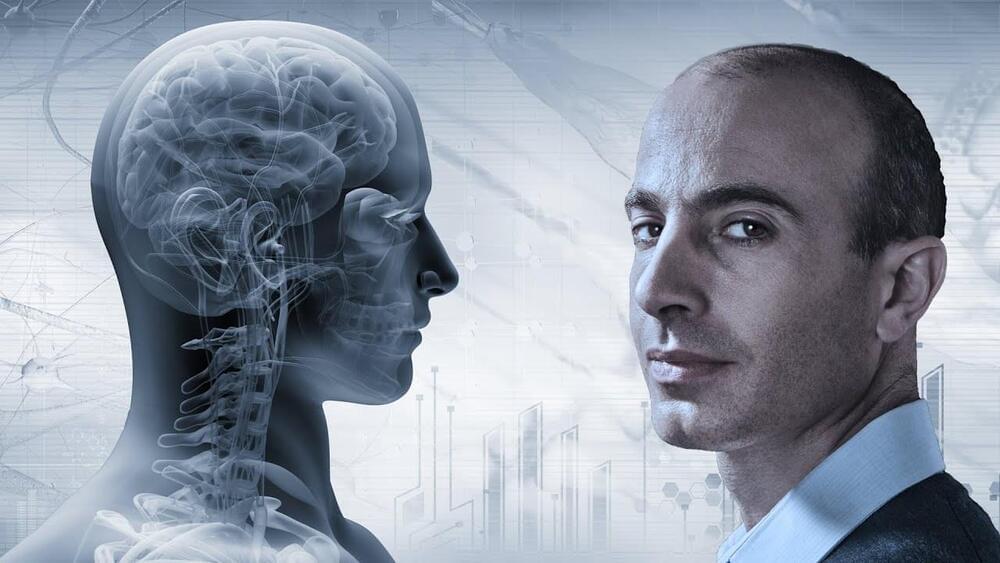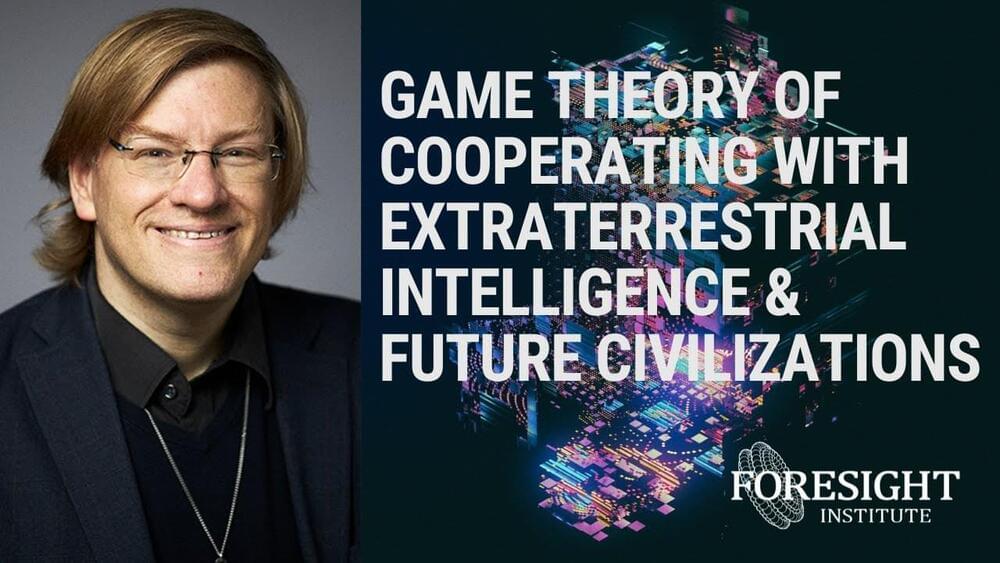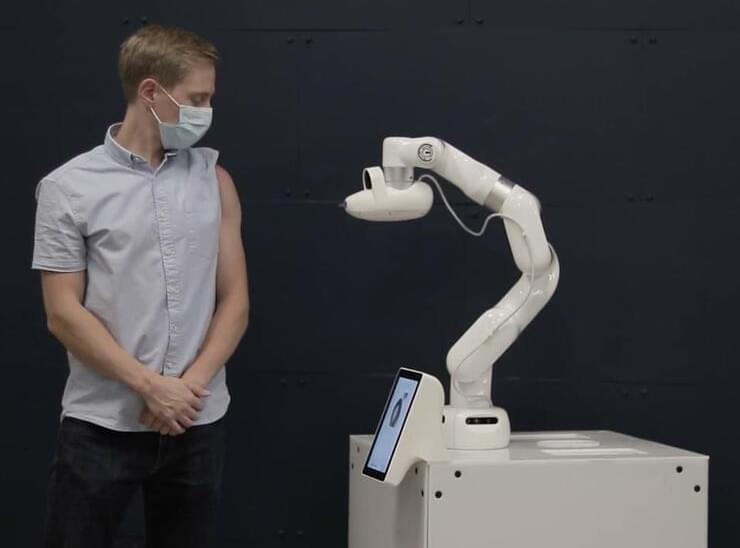A US$500 billion accelerator of human progress — mansoor hanif, executive director, emerging technologies, NEOM.
Mansoor Hanif is the Executive Director of Emerging Technologies at NEOM (https://www.neom.com/en-us), a fascinating $500 billion planned cognitive city” & tourist destination, located in north west Saudi Arabia, where he is responsible for all R&D activities for the Technology & Digital sector, including space technologies, advanced robotics, human-machine interfaces, sustainable infrastructure, digital master plans, digital experience platforms and mixed reality. He also leads NEOM’s collaborative research activities with local and global universities and research institutions, as well as manages the team developing world-leading Regulations for Communications and Connectivity.
Prior to this role, Mr Hanif served as Executive Director, Technology & Digital Infrastructure, where he oversaw the design and implementation of NEOM’s fixed, mobile, satellite and sub-sea networks.
An industry leader, Mr Hanif has over 25 years of experience in planning, building, optimizing and operating mobile networks around the world. He is patron of the Institute of Telecommunications Professionals (ITP), a member of the Steering Board of the UK5G Innovation Network, and on the Advisory Boards of the Satellite Applications Catapult and University College London (UCL) Electrical and Electronic Engineering Dept.
Prior to joining NEOM, Mr Hanif was Chief Technology Officer of Ofcom, the UK telecoms and media regulator, where he oversaw the security and resilience of the nation’s networks.
As Director of the Converged Networks Research Lab at BT, he led research into fixed and mobile networks to drive convergence across research initiatives.
Mr Hanif has held several other roles at EE (formerly Everything Everywhere), a UK-based telecommunications company, and was responsible for the technical launch of 4G and integration of the Orange and T-Mobile networks as Director of Radio Networks and board member of Mobile Broadband Network Limited. In addition, he held positions at both Orange Moldova and Vodafone Italy, overseeing network optimization, capacity expansion and the planning and implementation of new technologies.
Mr. Hanif holds a Bachelor of Engineering in Electronic and Electrical Engineering from University College London (UCL) and a Diplôme D’ingénieur from the École Nationale Superieure de Télécom de Bretagne.
